Nightlife in Metro Manila suffers another blow as the capital heads back to lockdown
Nightlife businesses, among others, continue to suffer from stricter rules & harsher consequences
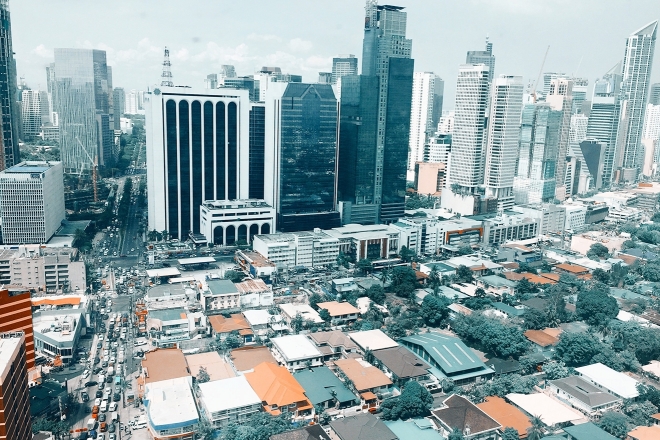
With the Philippines seeing Delta cases doubling overnight, the government places its capital on lockdown starting August 6 to August 20. To date, the country has recorded 216 new cases of the highly transmissible variant and is only expected to rise.
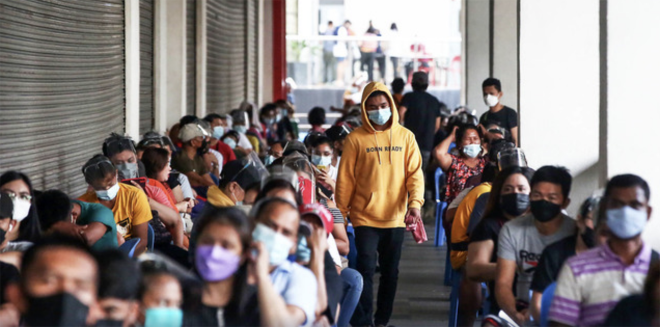
“This is a painful decision because we know ECQ is difficult, but we need to do this to avoid a shortage of our ICU beds and other hospital requirements, if cases balloon because of the Delta variant,” Palace spokesman Harry Roque explains.
ECQ pertains to “enhanced community quarantine”, wherein only essential businesses are allowed to operate. This prohibits any semblance of entertainment and nightlife businesses to open, despite many bars and clubs recalibrating to restaurants and cafes.
With the recent adjustment of curfew hours from 10pm to 4am and the latest announcement of disallowing “non-essential” businesses to operate, this leaves certain sectors feeling they are back to square one.
Cao Ocampo, who co-owns Z Hostel and The Apartment, both of which hosted countless electronic music nights pre-pandemic is only one of the many nightlife proprietors who’ve been on the tightrope since covid brought the world to its feet: “It’s very frustrating for our business. You reach a certain point only to go back to stricter restrictions. Those few hours from 10pm to 12pm can really mean a significant amount of sales. So it definitely affects our revenues.”
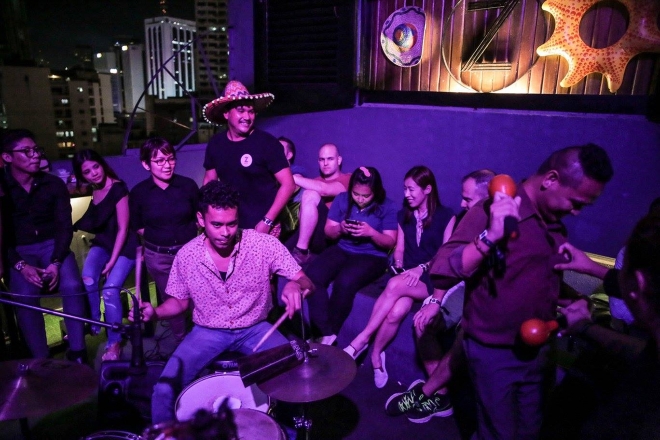
As for Shahani Gania, also known as Superstarlet, one of the founders of the hedonistic nocturnal favorite, Elephant, in the now-defunct XX XX, it’s about remaining conscious of one another: “We are all on survival mode. The spending money that we used to have doesn’t come as easy as before, and all these protocols that we have to follow really left the nightlife completely paralyzed—bars have closed, promoters lost their jobs, local DJs now pursue their careers online. We’ve all done some sort of pivoting in one way or the other, and I guess the only thing that we can do now is keep tabs on each other and just wait for that light at the end of the tunnel to appear.”
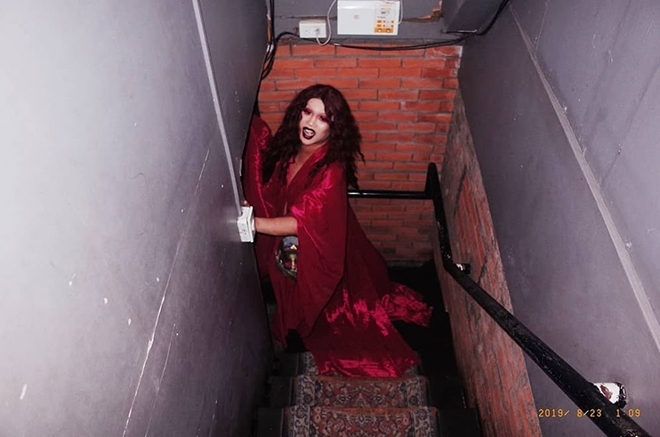
Despite, the unwavering desire of the nightlife and entertainment sectors to come alive, and with other countries finding means to marry safety with live events and club re-openings, it still seems the Philippines has a long way to go.
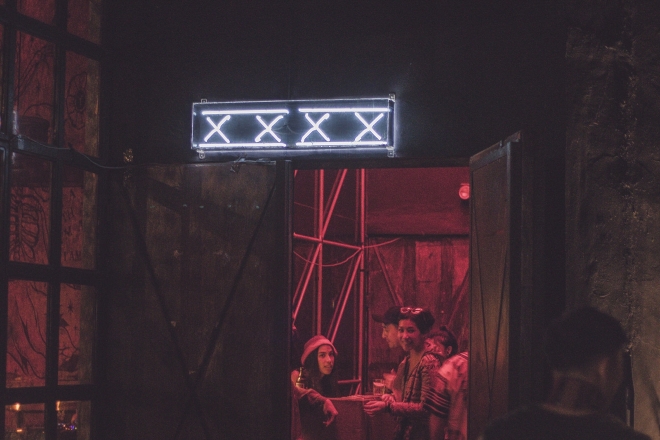
“I don’t know how I feel for requiring guests to be fully vaccinated before entry but I also think that is the direction other countries are moving towards. Either that or you have to present a negative test before entry,” shares Ocampo. “As for the government, we just ask for their support in opening up our business instead of finding ways to shut us down. Maybe the government will also have to require people to be fully vaccinated to enter bars and clubs or provide negative tests as well. This way, curfews can be extended to later times and businesses can have a chance to earn more.”
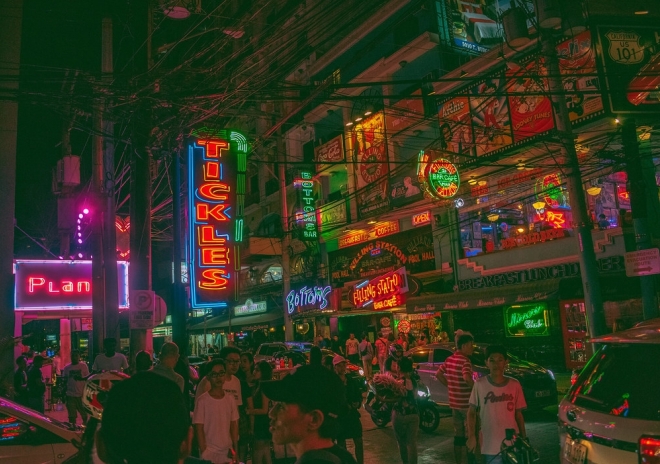
The constant state of uncertainty hounds what the future of local nightlife will be. With what is deemed as slow inoculation of its citizens, and the ever-changing restrictions hovering over club owners, promoters and artists, one can only hope the industry can come alive sooner rather than later.
“The future of Manila nightlife is hanging on a thread… The kind of leadership that we have in this country feels like they don’t know anything about economy, how to sustain it. They can’t even manage this pandemic well. Maybe after the elections, when we finally have a new government, we will have answers. But as of now, they don’t care about us,” says Gania.
[Images via Z Hostel, Flickr, Windowseat, Purveyr, NoliSoli & Rappler]


